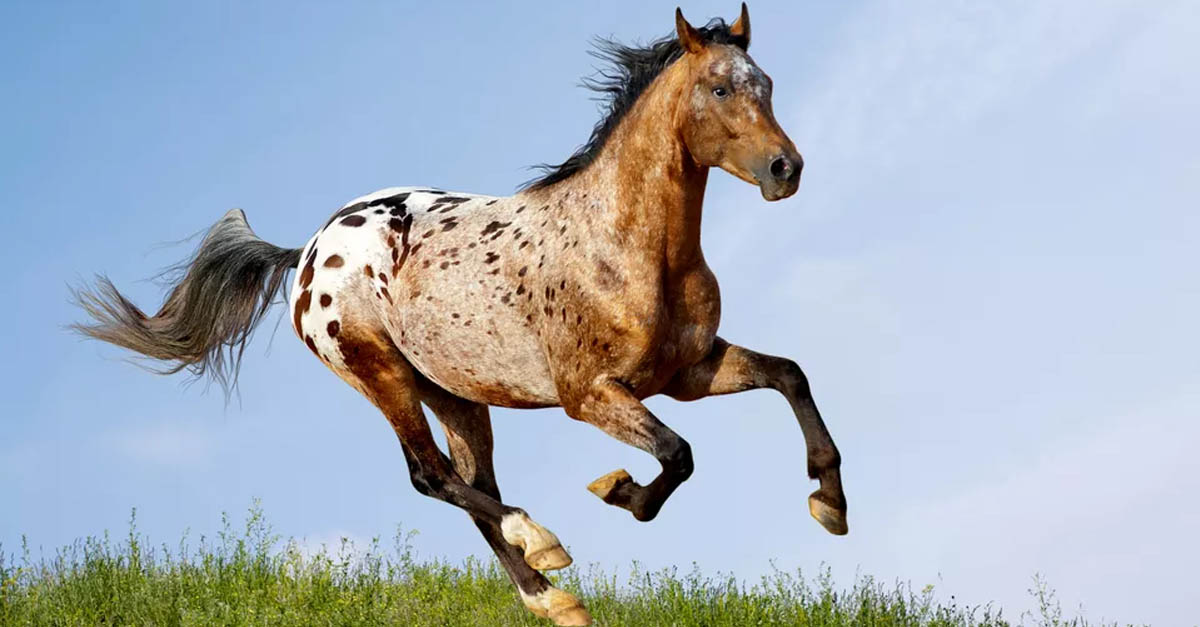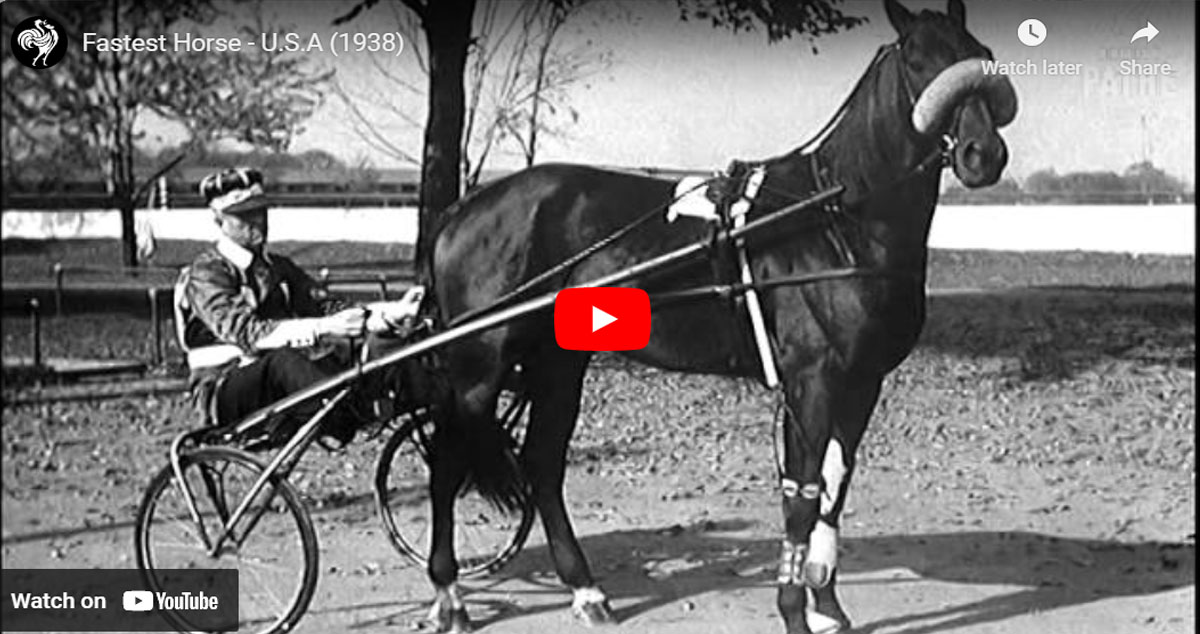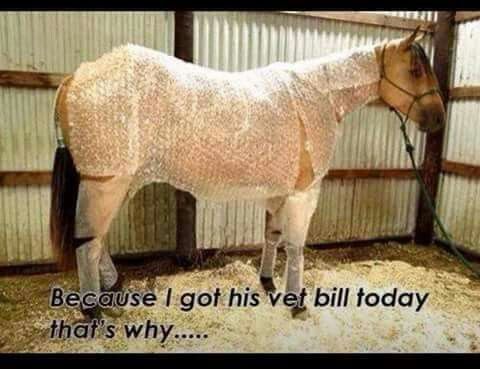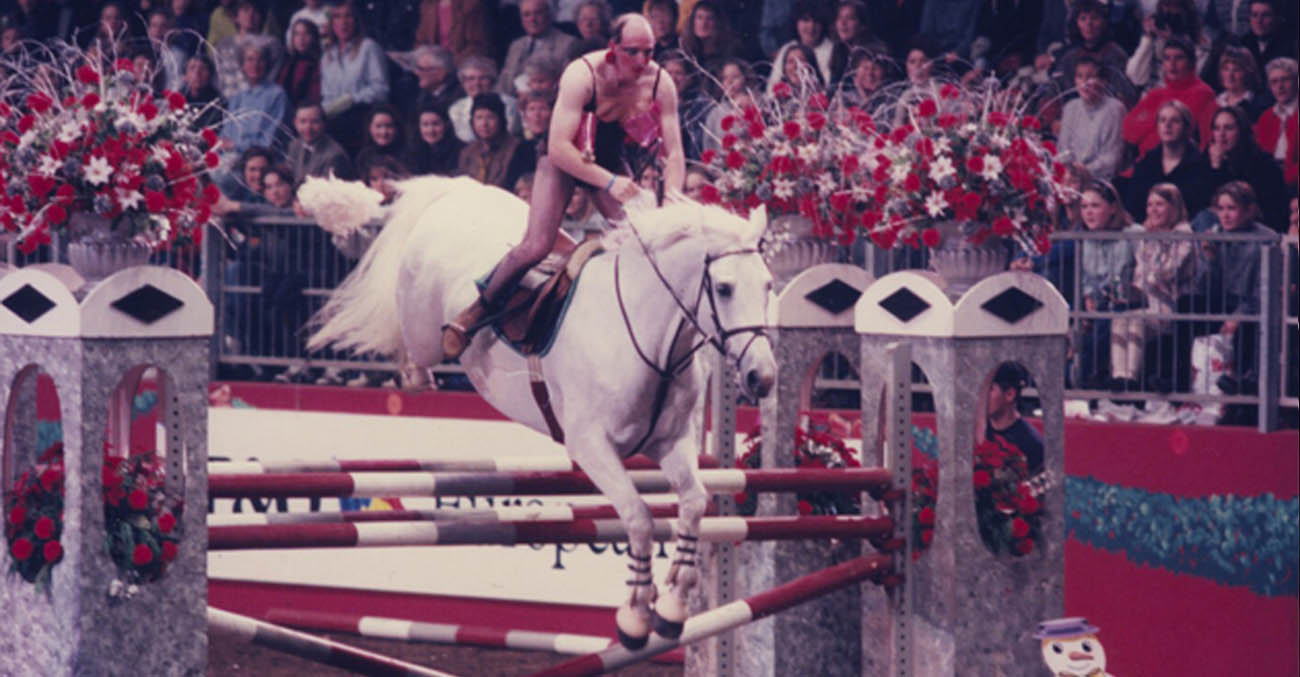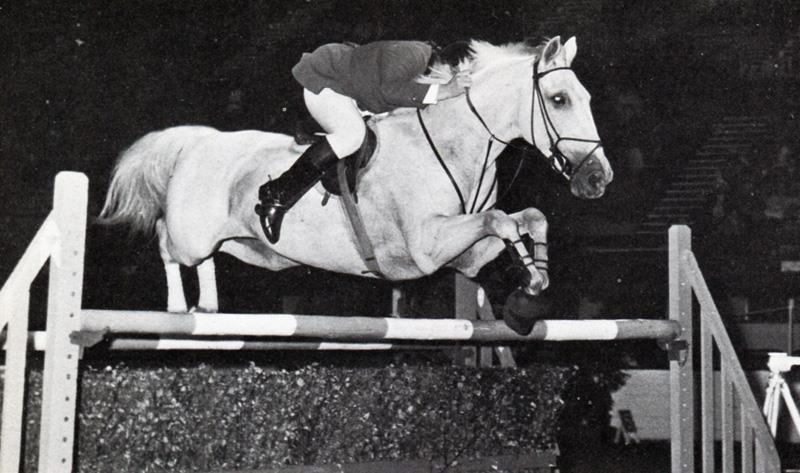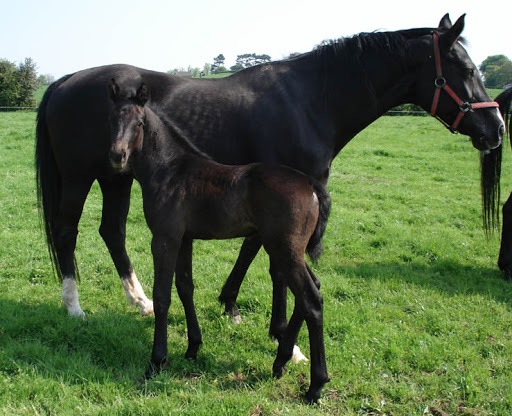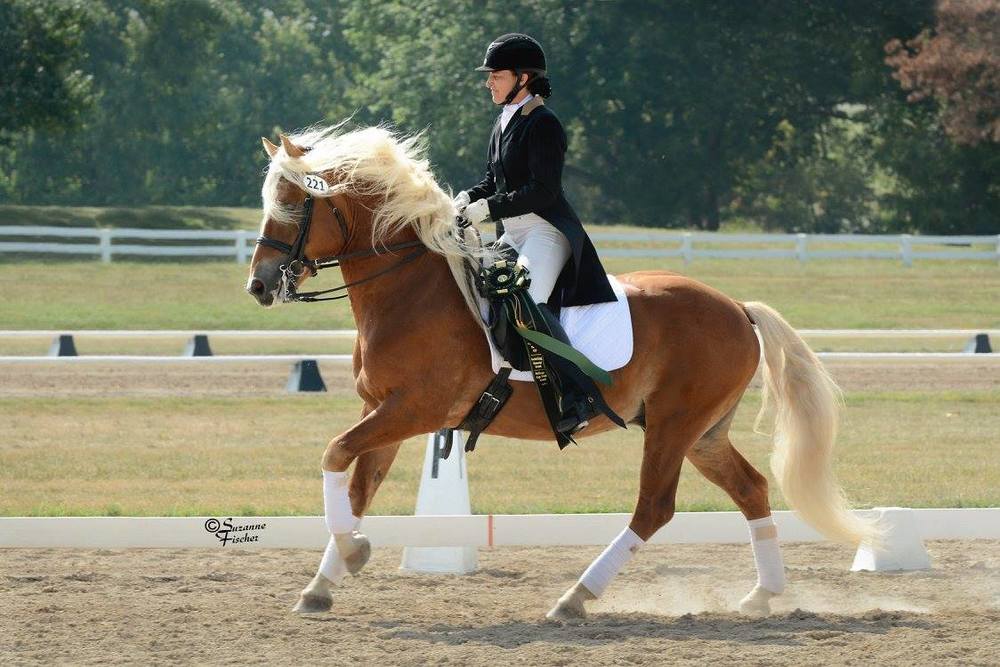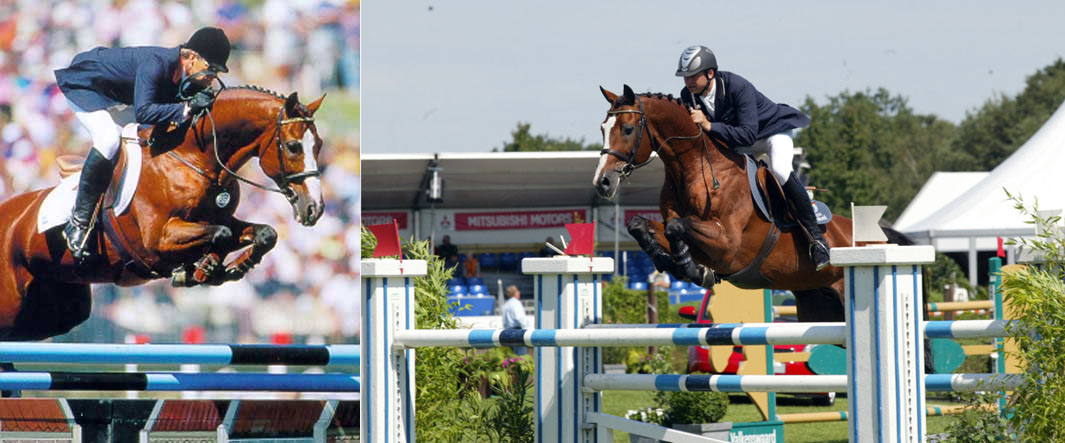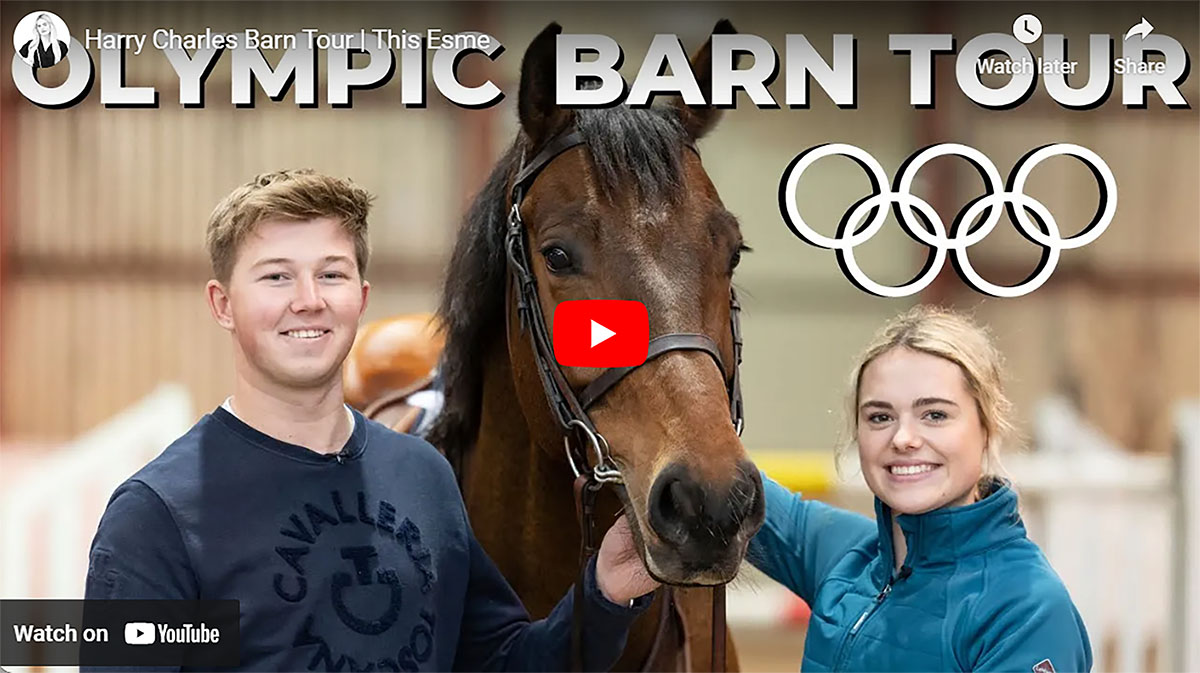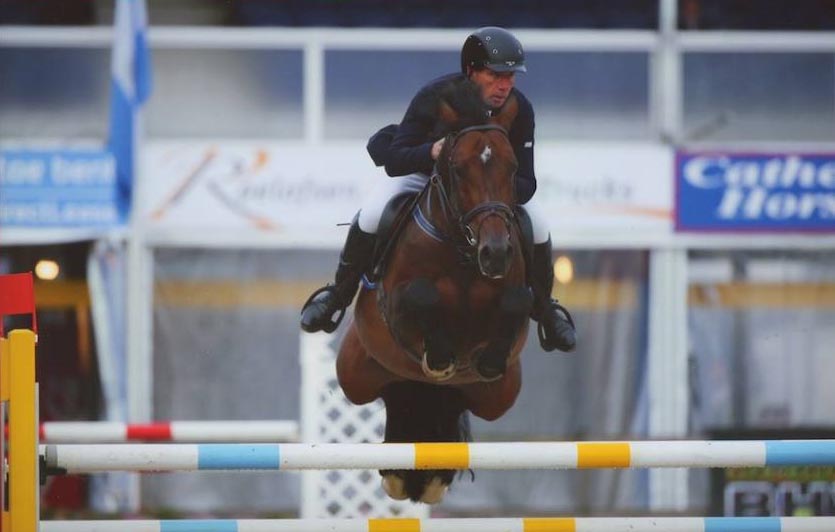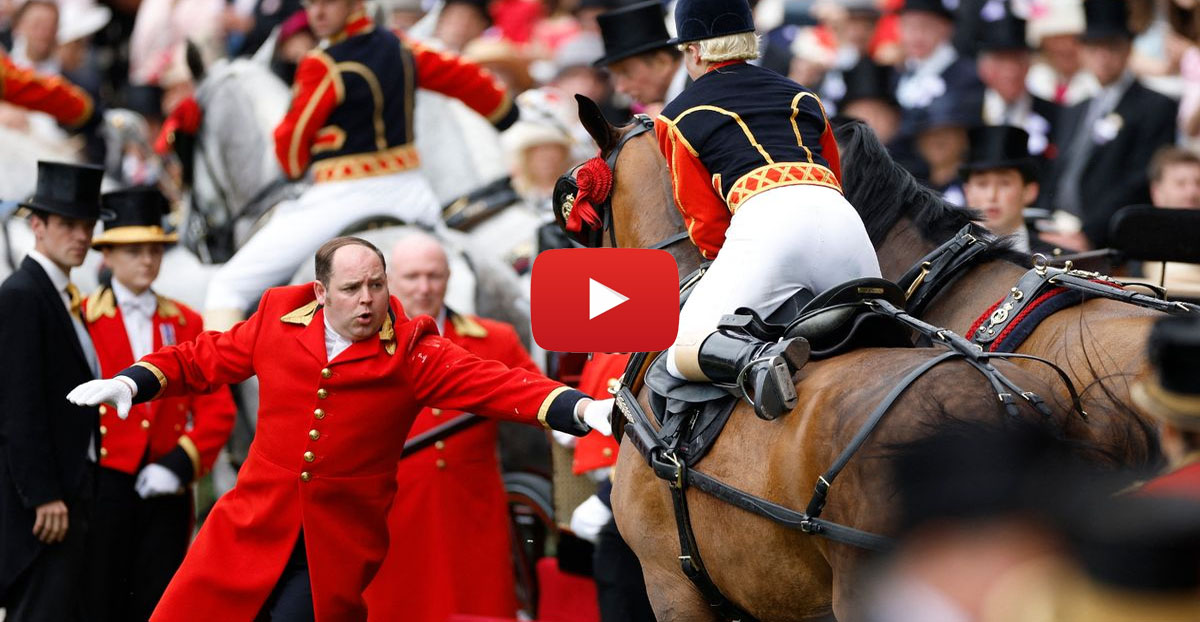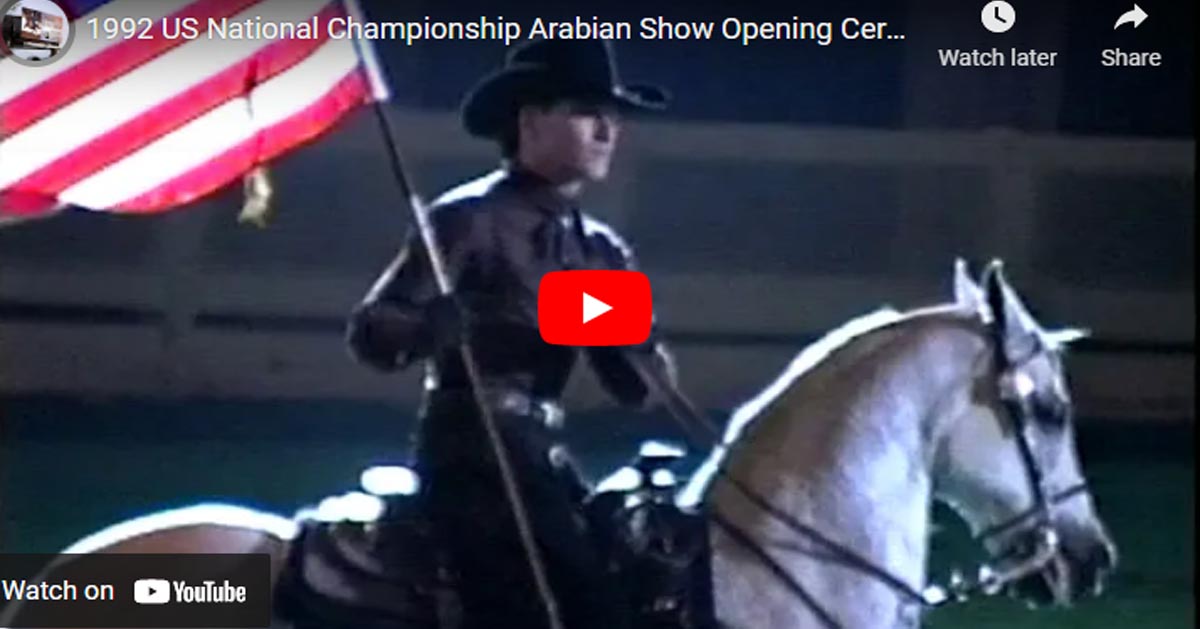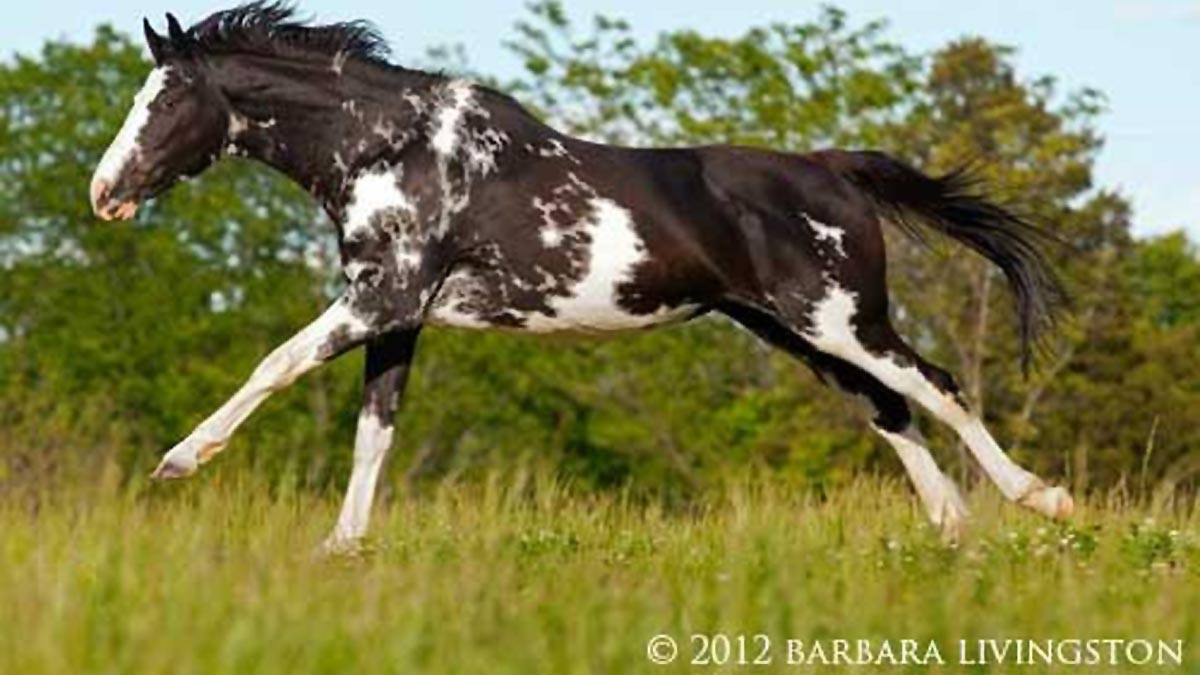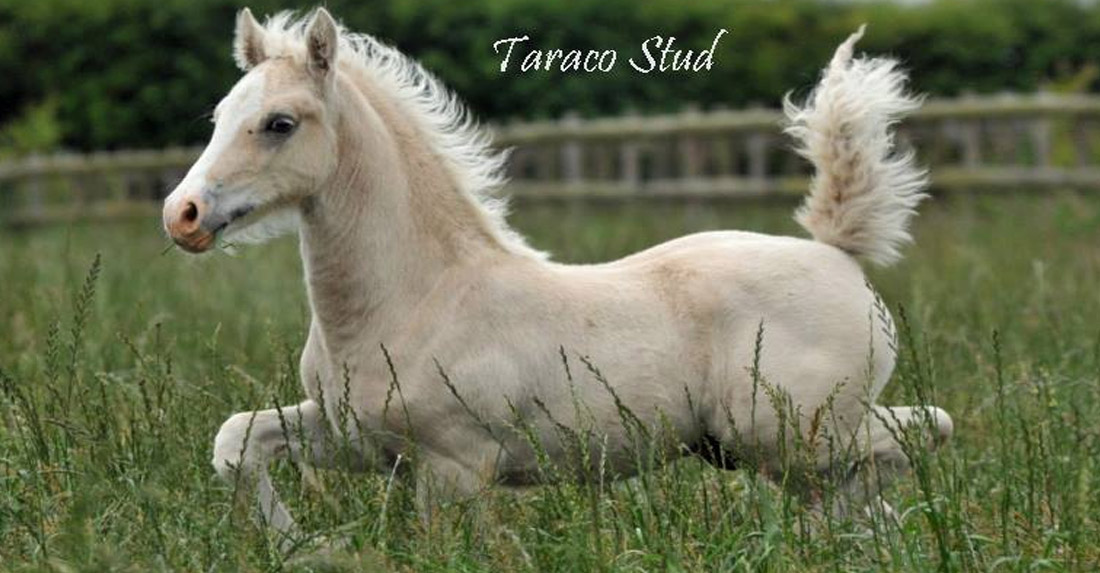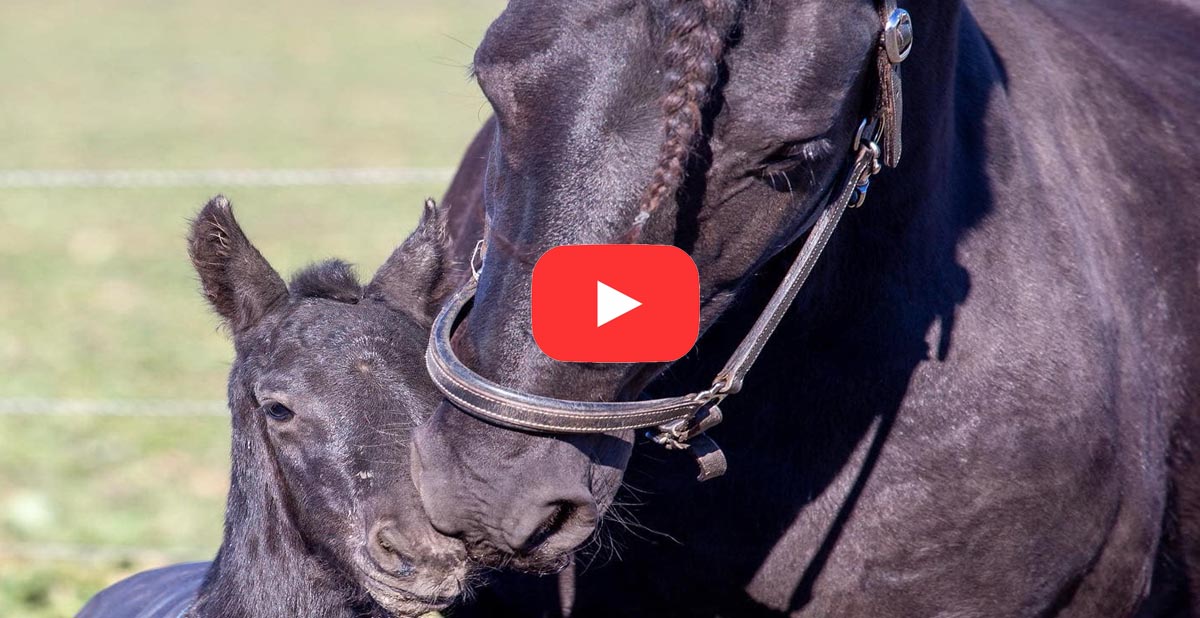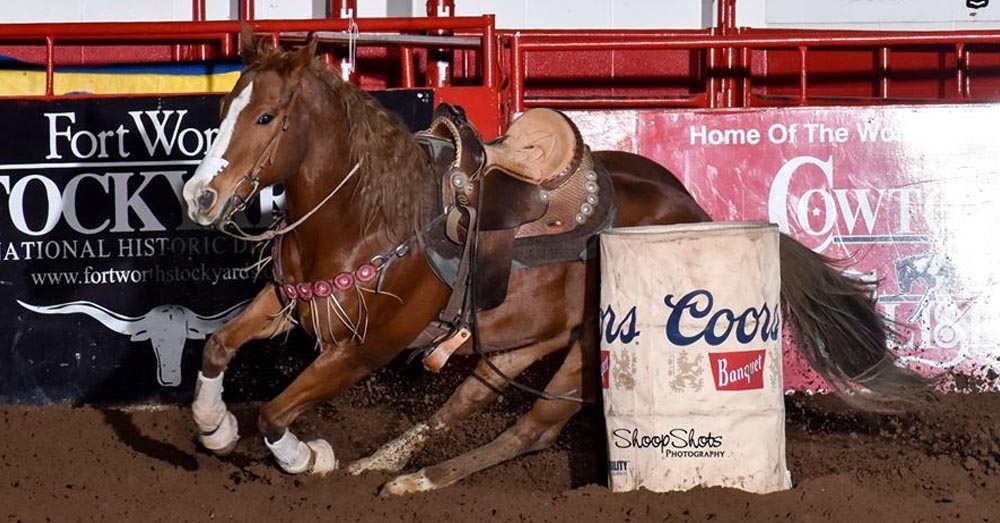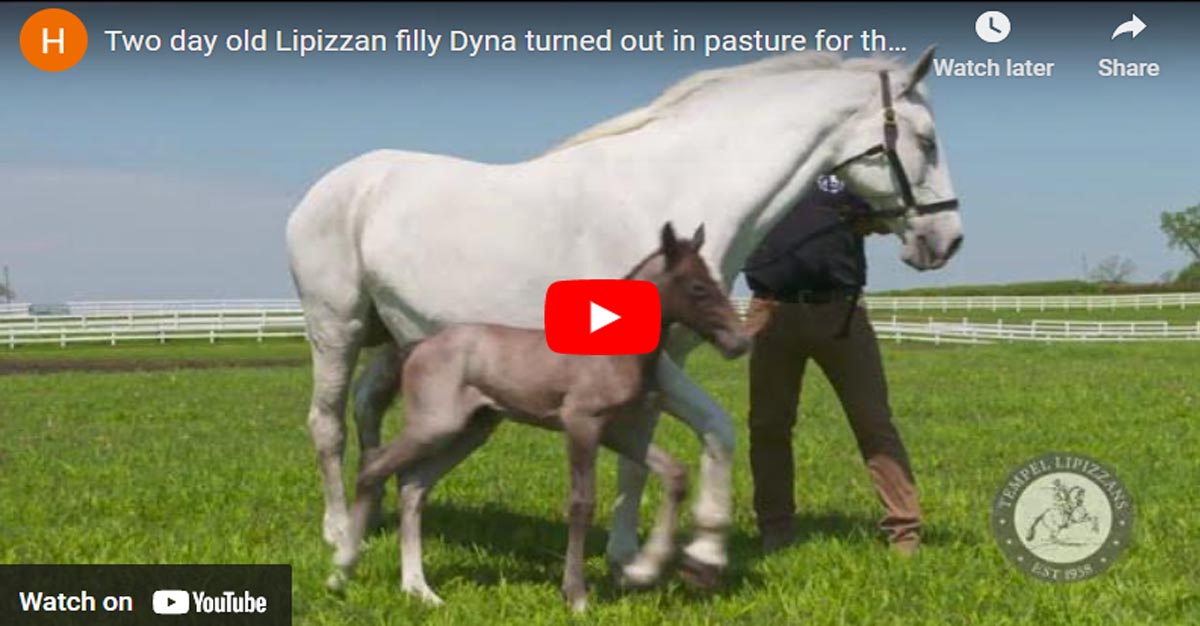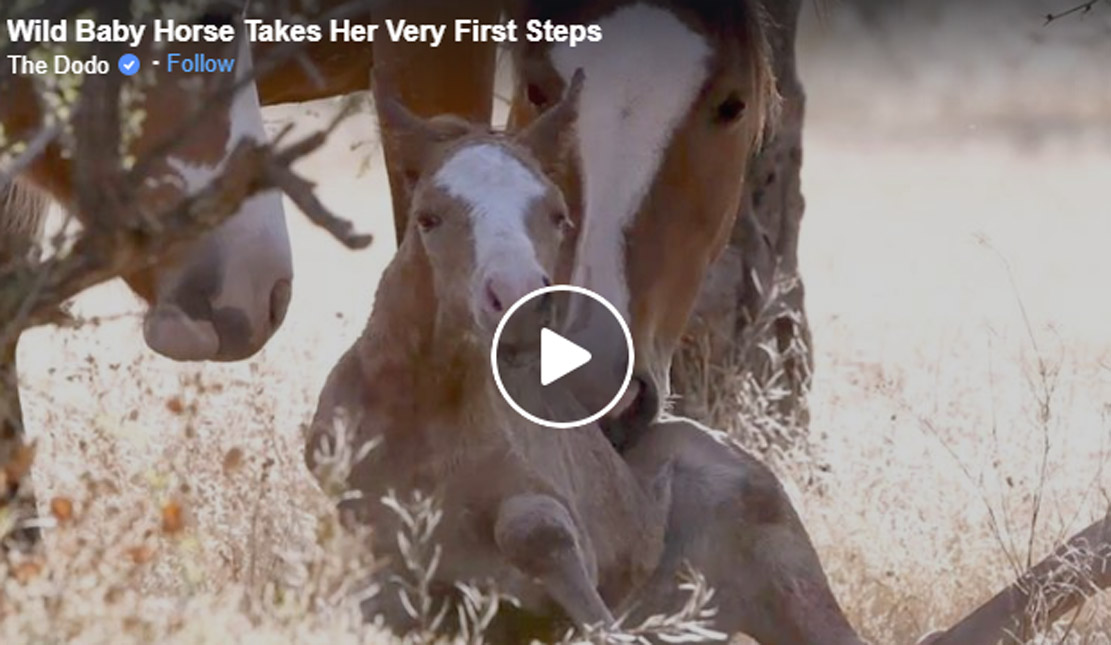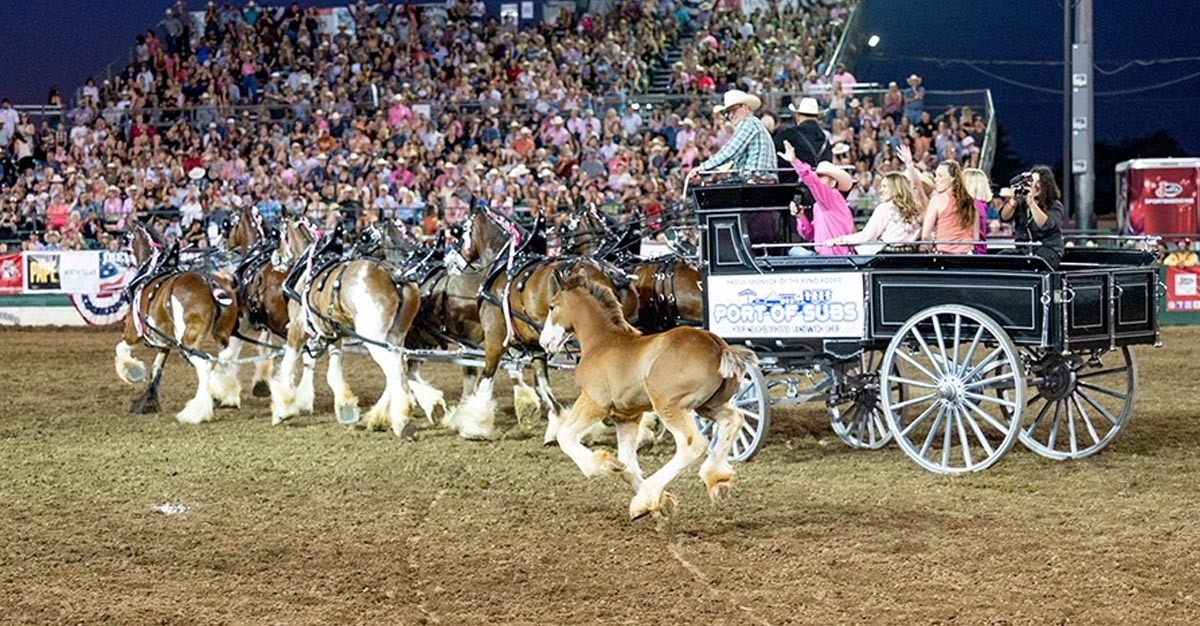Mauricio Garcia-Ballesteros
Mauricio Garcia-Ballesteros - Puerto Rico
Should you select a stallion
You have probably heard the old songs, Paper Moon and Paper Roses. But, what about paper horses?
Paper horses are those whose owners promote them based solely on their pedigrees.
With spring just around the corner, most horse publications have numerous ads on stallions. Once mare owners decide to have their mare bred, they have the arduous task of selecting the right stallion. This task is made more difficult because some stallion ads do not contain adequate information.
Some ads tout stallions based solely on their pedigree. The ones that are most ridiculous state that Mr. Right is a great-great grandson of Mr. Wonderful the greatest champion that ever lived. This may be true. But, being a great-great grandson is rather weak credentials for a stallion.
First, a great-great grandson only has a 6.25 percent relationship to his great-great grandsire. To begin with, all of Mr. Wonderful`s genes are probably not good ones anyway. So, the great-great grandson may not have inherited very many desirable genes.
Second, where did the other 93.75 percent of Mr. Right`s genes come from? These may be from rather mediocre to poor individuals in the breed. Since each parent contributes half of the genes to an offspring, getting a random sample half of below average to poor genes cannot result in any thing but a below average foal.
Third, pedigree selection should not be the major emphasis in choosing a stallion to breed to your mare anyway. The economic considerations of premium money in most equine athletic events and good sale prices are based upon performance excellence, not pedigrees.
Well, if pedigrees are not the major criteria in selecting a stallion, what is?
Performance records give the best single indication of a stallion`s breeding value to sire foals which will be winners in a particular event. If you want your horse to win in a certain event, seek stallions that have won major honors in that event.
In addition to being winners, the stallions should have competed successfully over more than one show season. With high premium dollars in performance events, horses are being shown longer. So, they need to be sound and durable over time.
Look for consistency. Most championship sport teams do not win 100 percent of their games, but they win a high percentage of them.
Show longevity depends upon a horse staying sound. Soundness relies on good structural conformation. Stallions with serious conformation faults must be viewed cautiously, especially if the fault is with their feet and legs. Even if they are winners.
After finding several performance-winning stallions that have stayed sound and have good conformation, review the show records of their foals. If they have not sired foals, their performance record is still your best bet. Of those with performance-age foals, go with the stallion(s) whose foals win consistently.
After all of this, you can now consider pedigree. If one or more of these stallions have a pedigree of interest to you, then consider them as Mr. Right.
But, do not select any stallion solely on his pedigree..

Should you select a stallion
You have probably heard the old songs, Paper Moon and Paper Roses. But, what about paper horses?
Paper horses are those whose owners promote them based solely on their pedigrees.
With spring just around the corner, most horse publications have numerous ads on stallions. Once mare owners decide to have their mare bred, they have the arduous task of selecting the right stallion. This task is made more difficult because some stallion ads do not contain adequate information.
Some ads tout stallions based solely on their pedigree. The ones that are most ridiculous state that Mr. Right is a great-great grandson of Mr. Wonderful the greatest champion that ever lived. This may be true. But, being a great-great grandson is rather weak credentials for a stallion.
First, a great-great grandson only has a 6.25 percent relationship to his great-great grandsire. To begin with, all of Mr. Wonderful`s genes are probably not good ones anyway. So, the great-great grandson may not have inherited very many desirable genes.
Second, where did the other 93.75 percent of Mr. Right`s genes come from? These may be from rather mediocre to poor individuals in the breed. Since each parent contributes half of the genes to an offspring, getting a random sample half of below average to poor genes cannot result in any thing but a below average foal.
Third, pedigree selection should not be the major emphasis in choosing a stallion to breed to your mare anyway. The economic considerations of premium money in most equine athletic events and good sale prices are based upon performance excellence, not pedigrees.
Well, if pedigrees are not the major criteria in selecting a stallion, what is?
Performance records give the best single indication of a stallion`s breeding value to sire foals which will be winners in a particular event. If you want your horse to win in a certain event, seek stallions that have won major honors in that event.
In addition to being winners, the stallions should have competed successfully over more than one show season. With high premium dollars in performance events, horses are being shown longer. So, they need to be sound and durable over time.
Look for consistency. Most championship sport teams do not win 100 percent of their games, but they win a high percentage of them.
Show longevity depends upon a horse staying sound. Soundness relies on good structural conformation. Stallions with serious conformation faults must be viewed cautiously, especially if the fault is with their feet and legs. Even if they are winners.
After finding several performance-winning stallions that have stayed sound and have good conformation, review the show records of their foals. If they have not sired foals, their performance record is still your best bet. Of those with performance-age foals, go with the stallion(s) whose foals win consistently.
After all of this, you can now consider pedigree. If one or more of these stallions have a pedigree of interest to you, then consider them as Mr. Right.
But, do not select any stallion solely on his pedigree..



